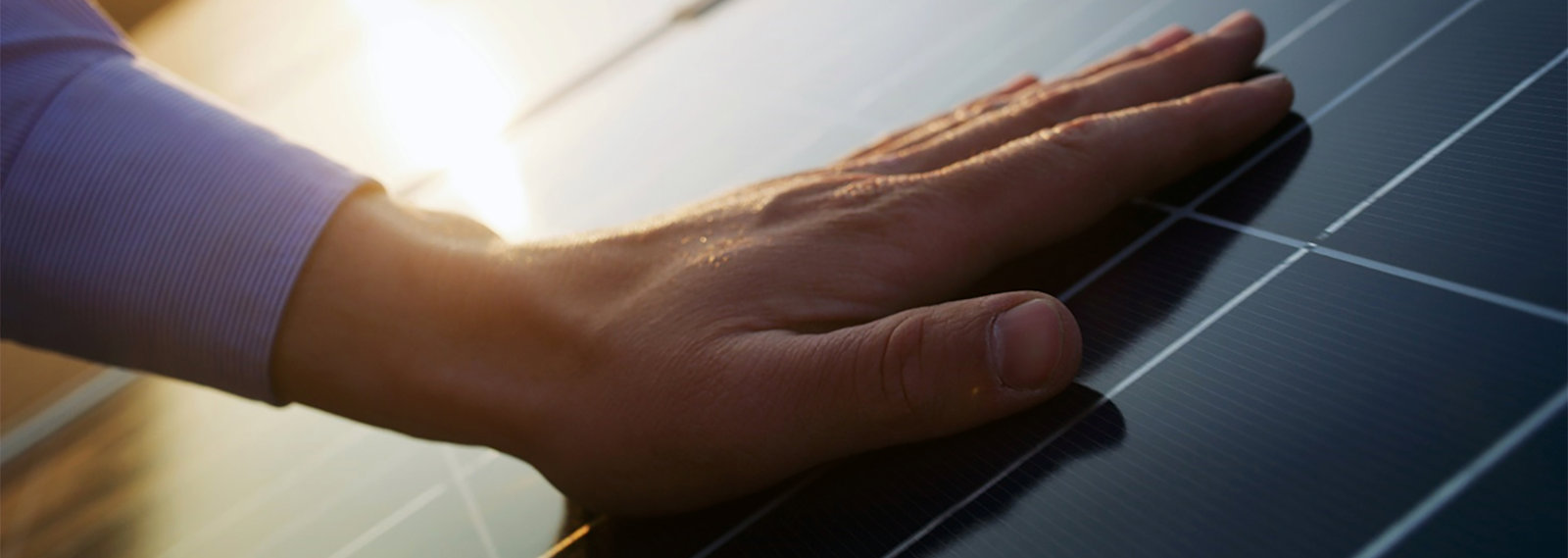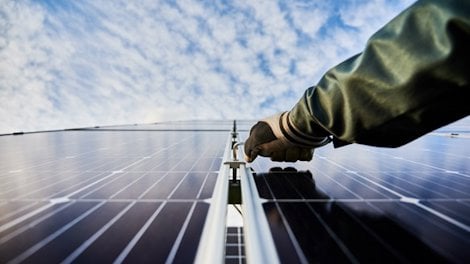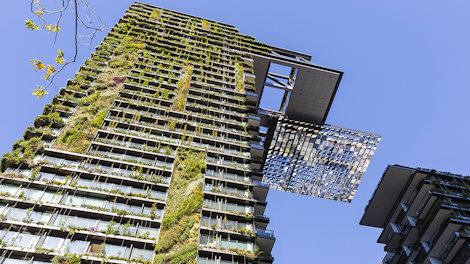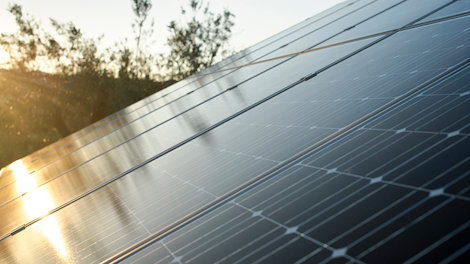Collaborating toward a circular solar industry with aluminium
Experts believe the technical lifespan of a solar panel module is around 30 years. Starting in 2045, approximately 7-8 million solar modules will be "released" every year, generating an abundance of waste. In the Netherlands, a new collaboration is aiming to reduce this amount of waste.
The project was intiated when the Ministry of Infrastructure and Water Management in the Province of South Holland organized a Circo Track, which is a circular manufacturing program. Immediately following the program, five companies – Hydro, LC Energy, Mirec, Solarge, TerraTechs and Cirkel – jointly agreed on a plan to develop a circular photovoltaic (PV) system.
As part of the research, the group examined numerous elements and materials, such as aluminium, which proved to be perfectly suited for outdoor applications such as substructures for solar parks. The properties of aluminium, in terms of design flexibility, durability, recyclability and re-use, make it a perfect circular material.
"The use of aluminium in PV systems is key to enabling circularity in this industry. Our research confirmed a circular business model is also financially rewarding for manufacturers, especially in this market,” says Yon van den Oever, EcoDesign manager at Hydro.
How does aluminium contribute to a circular solar industry?
- A galvanized steel substructure normally lasts 30 years, while a well-designed aluminium substructure can have a technical lifetime of 60 years. This is partly due to aluminium’s excellent corrosion resistance.
- With assistance from Hydro EcoDesign, extruded profiles are optimized in weight and substructures that are made more adaptable when panels need replacement. The profiles can also be re-used during modifications or at the end of a project's service life.
- Aluminium is infinitely recyclable without deterioration and the recycling process uses just five percent of the energy required for the production of primary metal.
- Aluminium retains its value, therefore the financial compensation for returning it for recycling can be relatively high. This makes re-use both sustainable and financially worthwhile.
These are ideal conditions for reducing waste and achieving circularity in the solar industry. As part of this collaboration, Hydro is working on a take back system in which the company collects the aluminium at the end of its useful life and returns it to the cycle.




